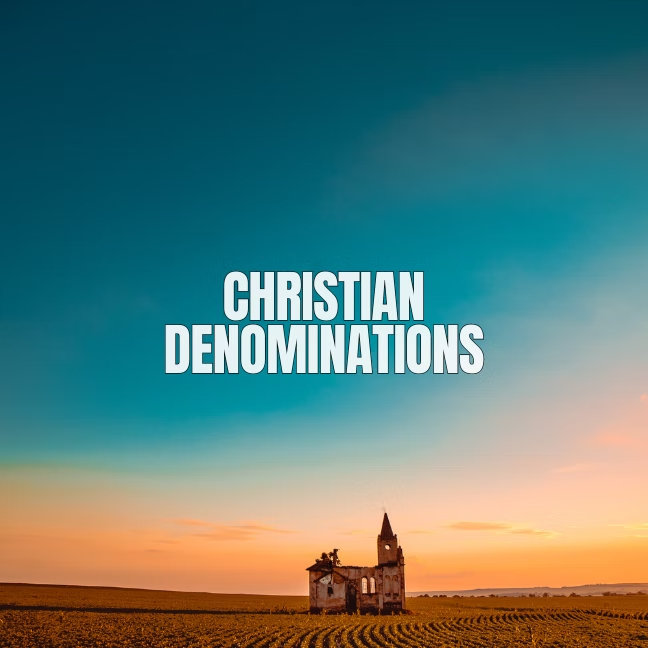Major Christian Traditions
Catholicism: The Ancient Church
With over 1.3 billion adherents, Catholicism represents:
- Sacramental theology emphasizing seven sacraments
- Hierarchical structure headed by the Pope in Rome
- Rich liturgical tradition with global cultural expressions
Orthodox Christianity: Eastern Tradition
- Maintains ancient liturgical practices unchanged for centuries
- Organized into autocephalous (self-governing) national churches
- Emphasizes mystical theology and iconography
Protestantism: The Reformation Legacy
Diverse movement originating in 16th century reforms:
- Emphasis on Scripture alone (sola scriptura)
- Priesthood of all believers
- Varied worship styles from liturgical to contemporary
Comparative Theology
| Denomination | Sacraments | Authority | Worship Style |
|---|---|---|---|
| Catholicism | 7 (Eucharist as central) | Pope + Magisterium | Liturgical |
| Orthodox | 7 Mysteries | Ecumenical Councils | Byzantine Liturgy |
| Lutheran | 2 (Baptism & Eucharist) | Scripture + Tradition | Liturgical |
| Baptist | 2 (Symbolic) | Scripture Alone | Varied |
Historical Development
Key Schisms
- 1054: Great Schism (East-West split)
- 1517: Protestant Reformation begins
- 16th-17th centuries: Denominational multiplication
Modern Movements
- Pentecostalism (20th century charismatic renewal)
- Non-denominational churches (late 20th century)
- Ecumenical movement (seeking Christian unity)
Contemporary Landscape
Global Distribution
- Catholicism dominant in Latin America, Southern Europe
- Orthodoxy strongest in Eastern Europe
- Protestantism varied with evangelical growth in Global South
Current Challenges
- Secularization in Western nations
- Sexual ethics debates across traditions
- Interfaith relations in pluralistic societies
Shared Christian Foundations
Core Beliefs
- Trinitarian theology
- Authority of Scripture
- Salvation through Christ
- Importance of baptism
Ecumenical Cooperation
Areas of collaboration include:
- Bible translation efforts
- Social justice initiatives
- Disaster relief
- Interdenominational dialogue
Choosing a Tradition
Considerations
- Theological alignment with Scripture interpretation
- Worship style preferences
- Community and fellowship opportunities
- Historical connection to Christian heritage
Spiritual Journey
Remember that denominational differences exist within the one Body of Christ (1 Corinthians 12:12-27). The most important factor is pursuing an authentic relationship with God through Jesus Christ within a community that nurtures spiritual growth.

